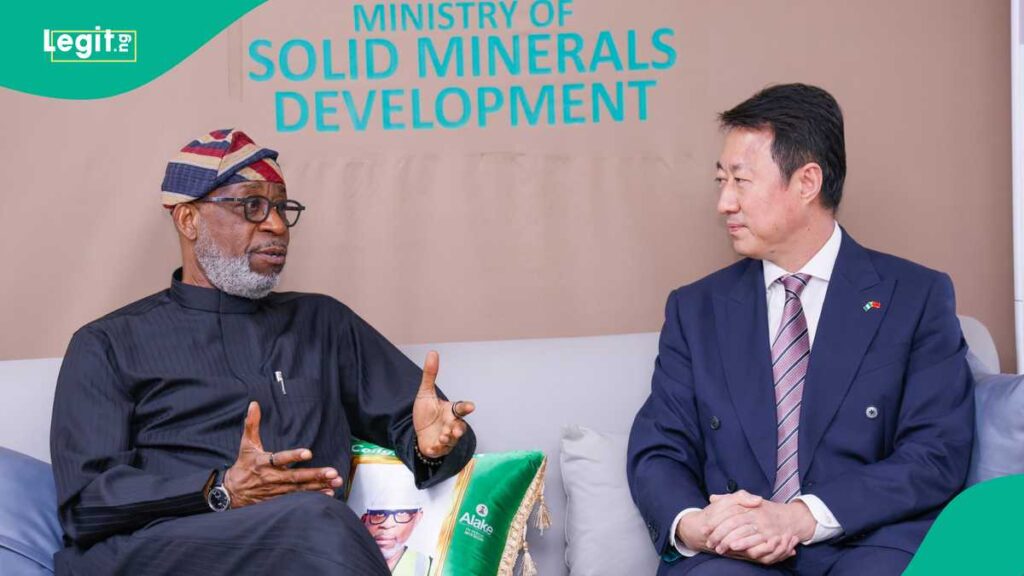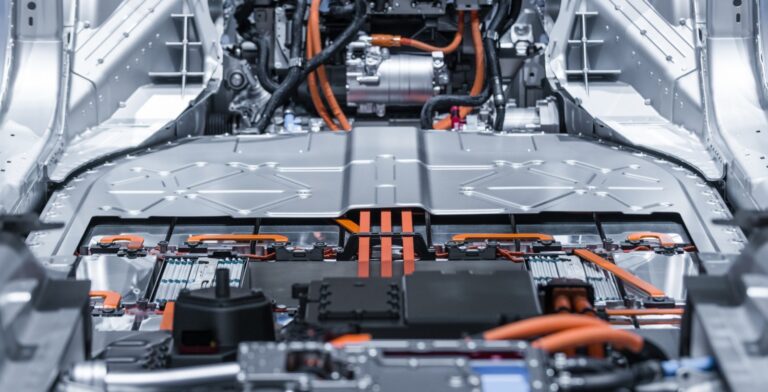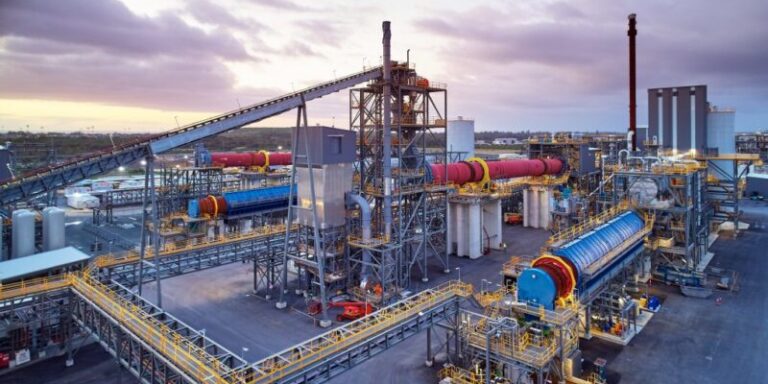
China has announced plans to establish an electric vehicle (EV) manufacturing plant in Nigeria, marking a major step forward for Nigeria’s industrialization goals and reinforcing Beijing’s expanding presence in Africa’s most populous nation.
The development was disclosed during a courtesy visit by China’s Ambassador to Nigeria, Yu Dunhai, to Nigeria’s Minister of Solid Minerals Development, Dr. Dele Alake.
The ambassador emphasized the need for closer cooperation between the two nations, particularly in leveraging Nigeria’s vast solid mineral resources — crucial inputs for EV battery production — to support the country’s industrial growth.
Ambassador Dunhai also referenced a recent meeting between Presidents Bola Ahmed Tinubu and Xi Jinping, where both leaders agreed to elevate Nigeria-China relations to a comprehensive strategic partnership.
This upgrade is expected to pave the way for significant economic and technical collaboration.
Responding to the ambassador, Dr. Alake confirmed that the Nigerian government has granted approval for Chinese companies to establish EV manufacturing plants in the country.
He reiterated the administration’s openness to foreign investment, calling on China to encourage full-cycle investments in Nigeria — from mineral extraction to processing and local manufacturing.
“For years, our minerals have been exported raw to fuel industrialization abroad. That must change,” Alake stated.
“We now prioritize local processing to drive Nigeria’s development. For instance, with our abundant lithium resources, we want to see domestic production of electric vehicles and batteries.”
He added that plans are already underway to establish EV and other manufacturing ventures in Nigeria, with Chinese companies playing a leading role in the country’s mining sector.
“We aim to deepen this collaboration, especially in line with President Tinubu’s eight-point agenda, which includes economic diversification through solid minerals,” Alake concluded.
The announcement follows a wave of Chinese investment and engagement in Nigeria in 2025. In April, the National Sugar Development Council (NSDC) signed a $1 billion deal with Chinese firm SINOMACH to establish a large-scale sugarcane production and processing facility.
NSDC Executive Secretary, Kamar Bakrin, stated that the investment would transform Nigeria’s sugar industry while enhancing China’s strategic presence.
Earlier in March, 216 Chinese businesses visited Nigeria to explore investment opportunities, with 74 expressing specific interest in the oil sector — highlighting China’s broader strategy to diversify its footprint in key Nigerian industries.
In February, a new shipping route was launched between Shanghai and Lagos. The arrival of the MV Great Cotonou, a Con-Ro vessel, at the PTML facility — West Africa’s largest multipurpose RO/RO terminal — introduced a 27-day transit time and is expected to significantly enhance regional trade logistics.
In January, the China Development Bank approved a $254.76 million loan for a major railway project in Nigeria.
The financing supports the country’s ongoing railway modernization efforts under China’s Belt and Road Initiative.
With this growing portfolio of strategic investments, China is solidifying its role as a key development partner in Nigeria, with the EV plant signaling the next phase of industrial and technological collaboration.





